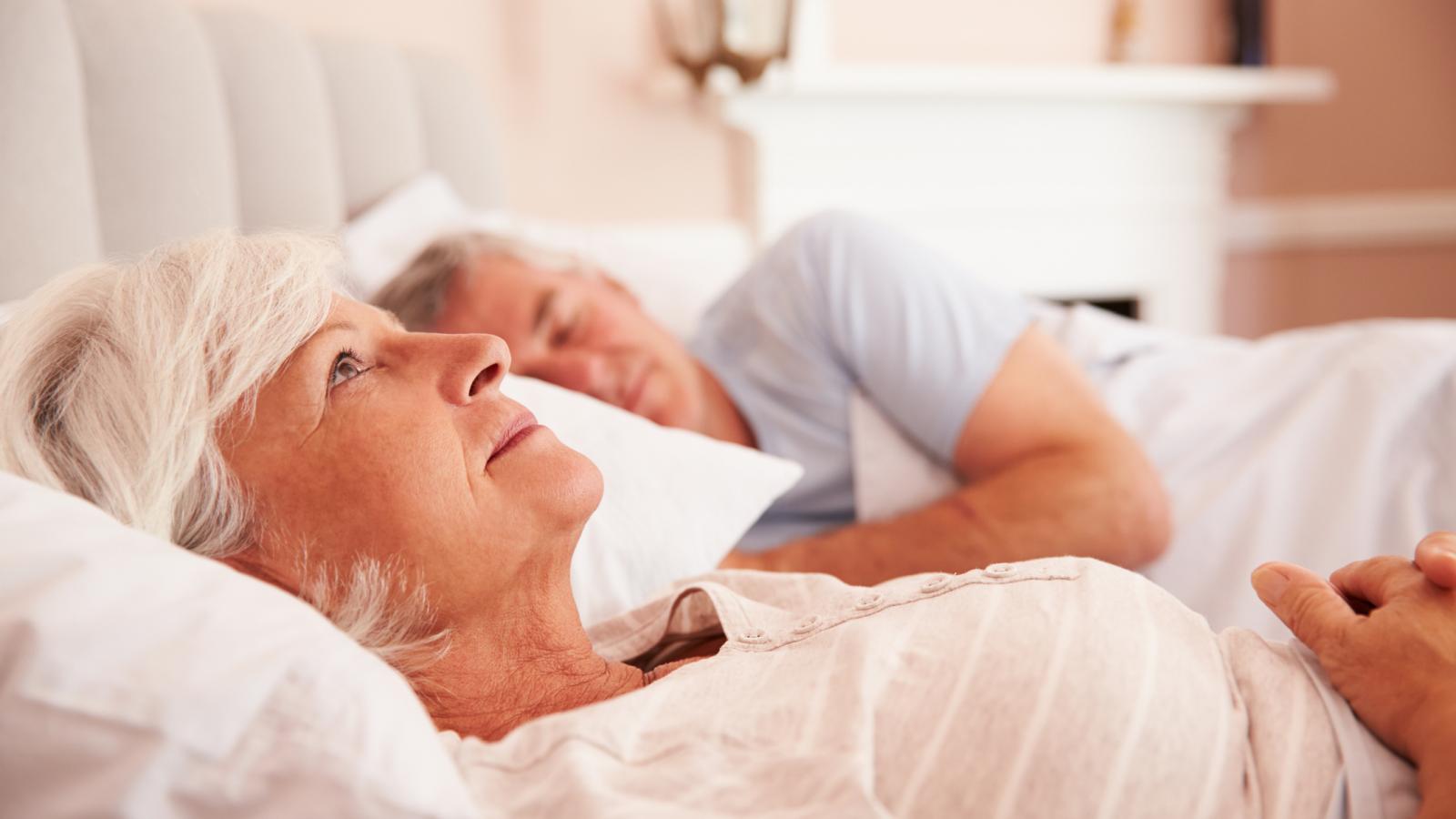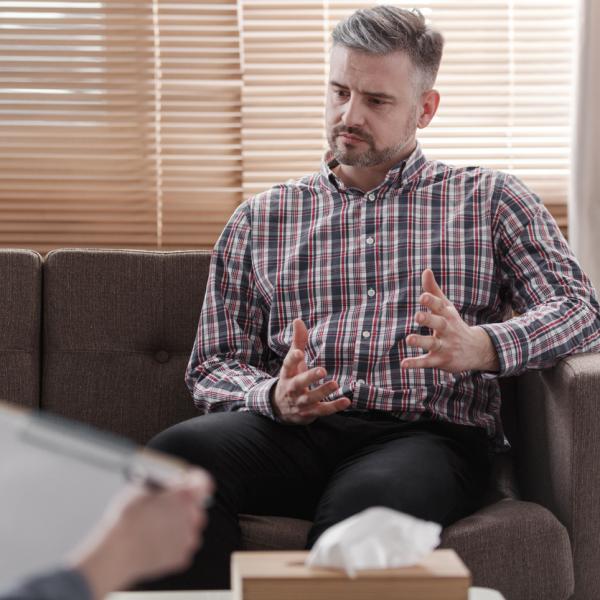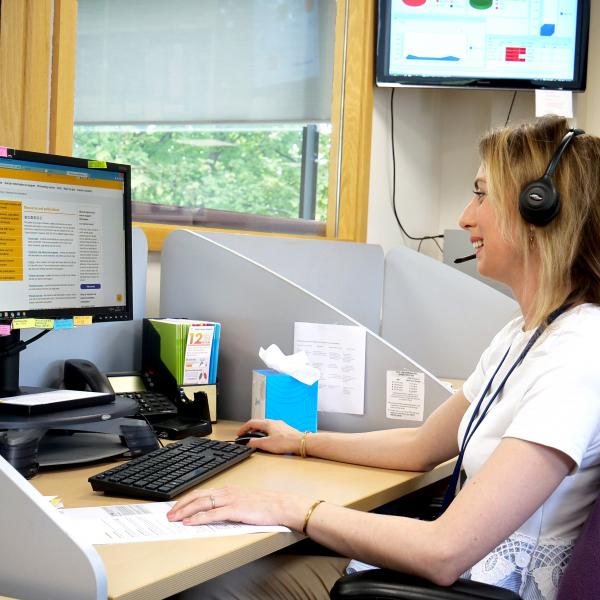Sexual side-effects of cancer treatment

Cancer treatment can affect you physically and mentally when it comes to sex. Many things can affect your sex drive and your enjoyment of sex:
- Tiredness
- Pain or discomfort
- Emotions like stress, anxiety or depression
- Changes to your hormone levels
- Changes to your body – such as skin changes, scars or having part of your body removed
- Physical changes that make it more difficult or uncomfortable to have sex. For example, erection problems or narrowing of the vagina.
Getting support
If you’re worried about how treatment will affect your sex life, ask your medical team about this before treatment.
If your sex life has been affected, give yourself time to recover, and don’t rush into sex if you don’t feel ready. It’s a common problem and there is lots of support available to help you with your sex life. Don’t be shy to talk to your medical team about your sex life. There are lots of treatments that can help and there’s no need to feel embarrassed - they’re used to talking about these things.
Contraception
Do not presume that you are infertile while on treatment, even if your or your partner's periods have stopped. People having cancer treatment are advised to avoid pregnancy during this time and for some time after, as some cancer treatments can harm a developing baby or increase the risk of miscarriage.
It is important that you use effective contraception during this time - speak to your medical team about the options open to you.
You and your partner
Any changes to your sex life can affect both you and your partner. It can help if you can work through any problems together.
Try to talk about your feelings
Keeping the lines of communication open can help to avoid misunderstandings and bad feelings. For example, your partner may feel rejected or take it personally if you don’t want to have sex. If you can explain how you’re feeling, it can make things easier. Try to listen to how your partner feels about everything. They will be affected by your cancer diagnosis too.
Try to stay close physically
You may not feel ready or able to have sex yet, but you can still be close with your partner. Kissing, hugging and touching each other can help you to feel closer.
Get help if you need it
Tell your doctor or nurse if you have side-effects or physical problems that are making things difficult. They can recommend treatments to help.
You could also consider speaking to a professional who can help you through this time. The Irish Cancer Society funds free counselling for patients and their partners can avail of this too. Call 1800 200 700 for more information.
You can also find psychologists, counsellors and psychotherapists who specialise in issues such as relationships, sex and infertility at:
- The Psychological Society of Ireland (www.psychologicalsociety.ie)
- The Irish Association for Counselling and Psychotherapy (www.iacp.ie)
There are fees involved.
We have more advice on managing sexual relationships.
Starting a new relationship
If you’re single, you may feel nervous about starting a new relationship. You may worry about when to tell your new partner about your cancer or feel more self-conscious about showing your body.
There is no right time to tell - it is really down to when you feel comfortable enough to talk about it. You may be happy to do this on a first date or much later on. You might consider if the roles were reversed, when would you want to be told?

Counselling: It may help to talk openly to a counsellor about how you’re feeling. The Irish Cancer Society funds free one-to one counselling at our many local cancer support centres. You can also contact our cancer nurses, who can help you to find a sexual counsellor, if you feel you need extra support.

Irish Cancer Society cancer nurses: You can talk to one of our cancer nurses in confidence by calling our Support Line on 1800 200 700, by email or by visiting your local Daffodil Centre.
For more information
Phone
1800 200 700




